
PhD. in Agronomy and Crop Science, Banaras Hindu University, India
Baby Corn Expert, Department of Agronomy, Agriculture and Forestry University, Nepal
Research activity - 70% & Teaching - 30%
April 02, 2025
Baby corn holds great scope in Nepal due to its short growth cycle, high market demand, and versatility in culinary use. It offers prospects for crop diversification, increased farmer income, and potential export. Successful trials like in Padampur, Chitwan shows it has higher likelihood thrive commercially with expert guidance. However, limitations include lack of technical knowledge, weak market linkages, inadequate post-harvest facilities, and limited awareness among farmers. With proper training, policy support, and infrastructure development, baby corn can emerge as a climate-smart, income-generating crop, helping transform subsistence agriculture into a more profitable and sustainable enterprise across suitable regions of Nepal

Master in Plant Breeding and Genetics, Kasetsart University, Thailand
Corn Expert, Ex Coordinator, National Maize Research Program, NARC, Nepal
Research activity - 100%
April 05, 2025
Email: chitra2058@yahoo.com
Based on my research experience in the landscape of maize breeding in Nepal, I observe a field brimming with potential yet constrained by systemic challenges. The scope for enhancing productivity, nutritional value, and resilience through targeted breeding for diverse agro-ecological zones and emerging demands like animal feed is immense. However, realizing this potential is hampered by a low seed replacement rate, the complexities of hybrid seed production and accessibility, limited research infrastructure and funding, and the pervasive impact of diverse biotic and abiotic stresses. Overcoming these limitations through strategic investments, robust extension systems, and a focus on developing and disseminating location-specific, climate-resilient varieties, while also leveraging Nepal's rich local germplasm, is crucial to unlocking the transformative power of maize breeding for the nation's food security and economic growth

Master of Science Horticulture, Sri Dev Suman Uttarakhand University, India
March 15, 2025
In Nepal, horticulture faces critical challenges including soil degradation from excessive agrochemical use and monocropping, youth reluctance toward farming due to low profitability and migration, dysfunctional value chains marked by inadequate storage, transportation, and marketing infrastructure, climate change-induced disasters (e.g., extreme rainfall in 2024), and dependence on imported seeds despite efforts under the National Seed Vision (2013–2025). However, prospects include agroecology initiatives aiming for a 20-year transition (2025–2045) to climate-resilient farming, rising demand for organic produce, and community-led adaptations by women farmers. The sector’s scope lies in Coldplay, protected cultivation, and policy reforms to enhance seed systems, mechanization, and market access, while addressing productivity gaps and fostering collaboration across federal and local levels.

Email: santoshafu@gmail.com
Plant Breeding and Genetics, Agriculture and Forestry University, Nepal
May 1, 2025
Nepal’s plant breeding and genetics sector grapples with numerous challenges, including policy inadequacies, a heavy reliance on seed imports, and minimal adoption of modern biotechnological tools like CRISPR. These issues are compounded by climate-related pressures such as droughts and pest outbreaks, as well as systemic limitations like underfunded research and strict regulations that hinder the export of genetic resources. Despite these barriers, several opportunities are emerging. Collaborative initiatives—for example, joint efforts between NARC and IRRI to develop rice varieties tolerant to submergence—demonstrate progress. There is also growing momentum toward agroecological approaches that prioritize the conservation and use of native landraces, such as aromatic rice. Additionally, policy frameworks like the National Seed Vision are paving the way for the development of climate-resilient varieties and more localized, decentralized seed systems. Looking ahead, the integration of precision breeding technologies, stronger collaboration between public and private sectors, and the strategic use of Nepal’s rich agro-biodiversity will be essential to advancing food security, promoting sustainable agriculture, and overcoming gaps in research capabilities and market connectivity
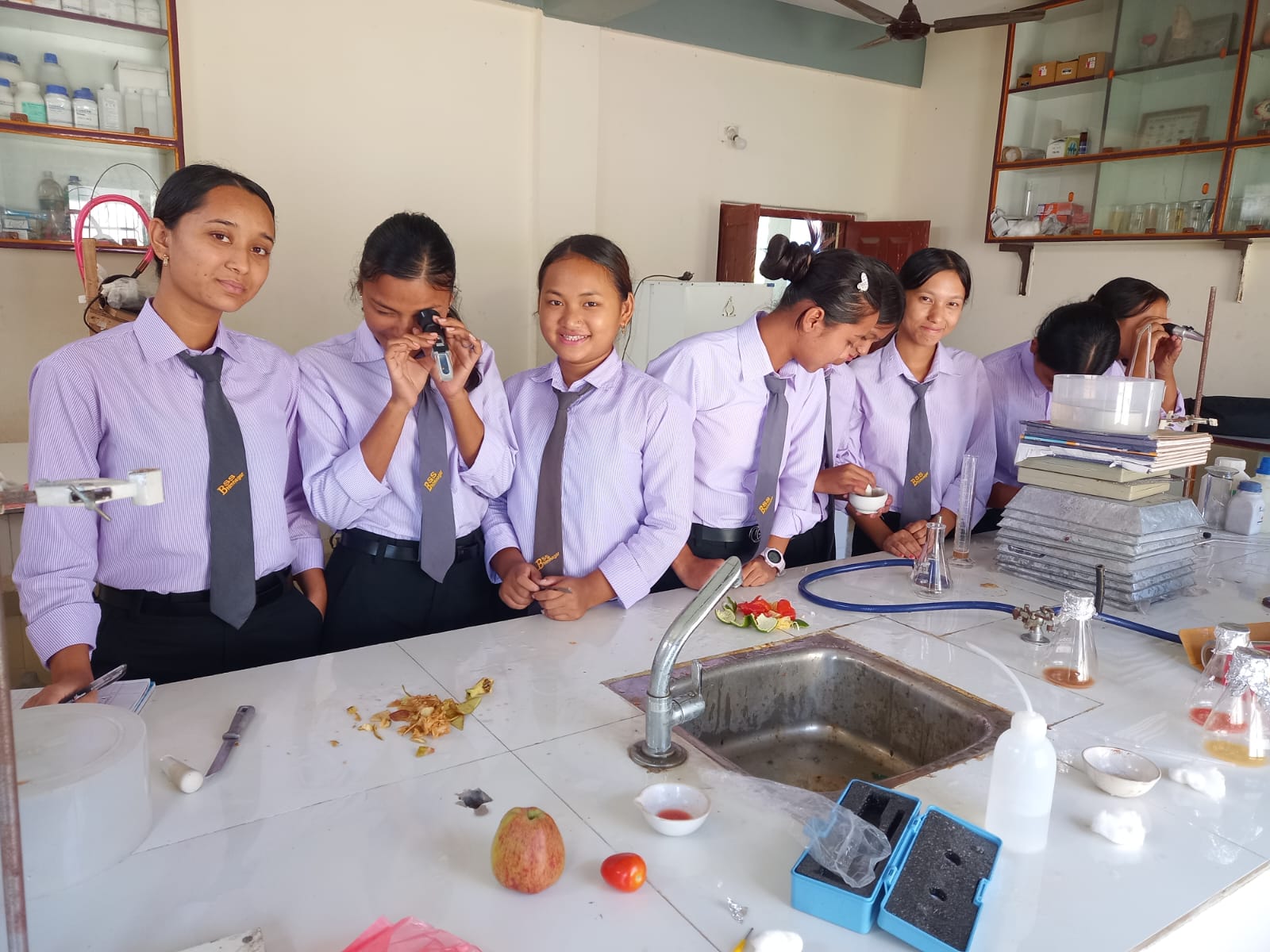

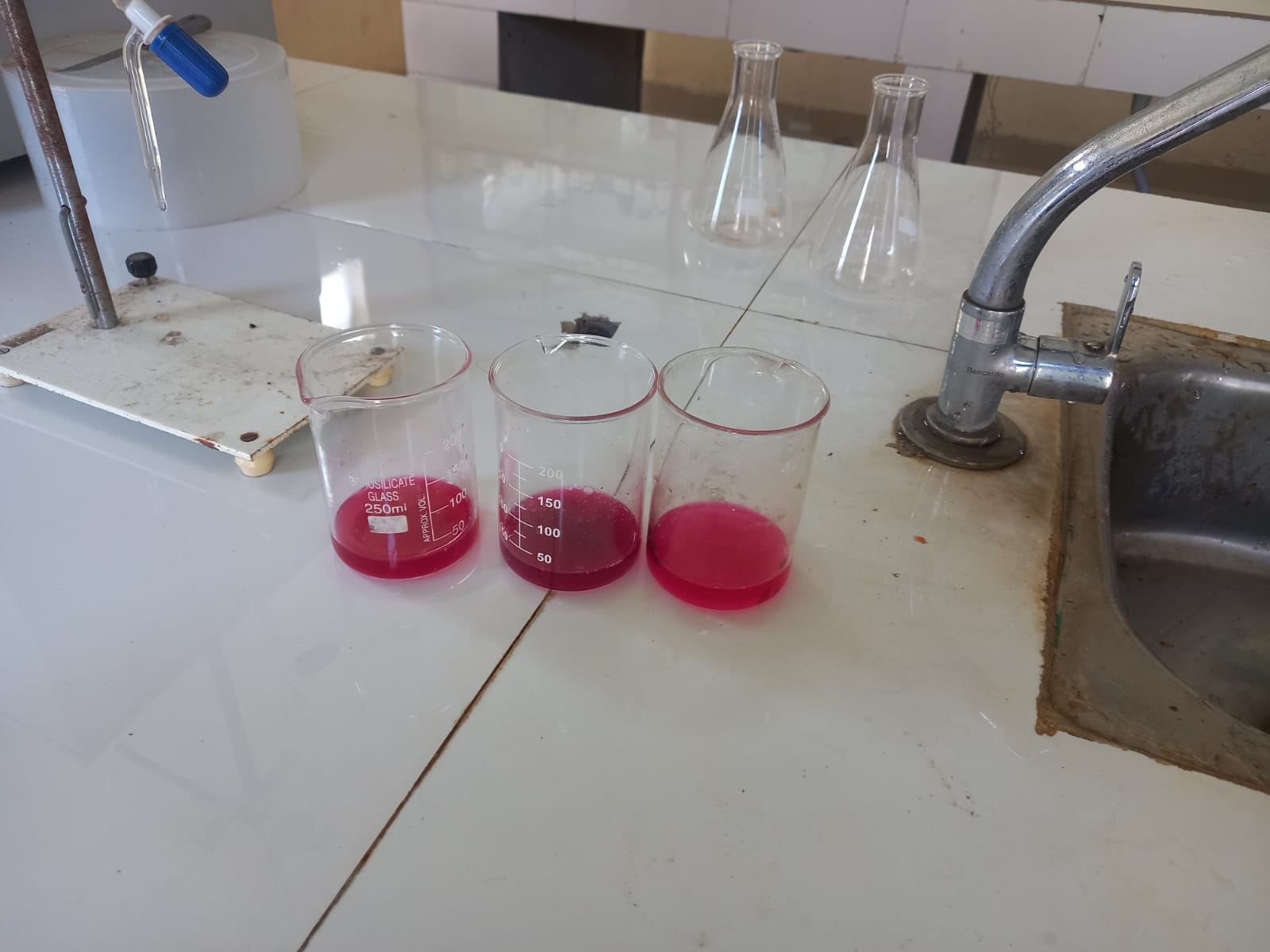

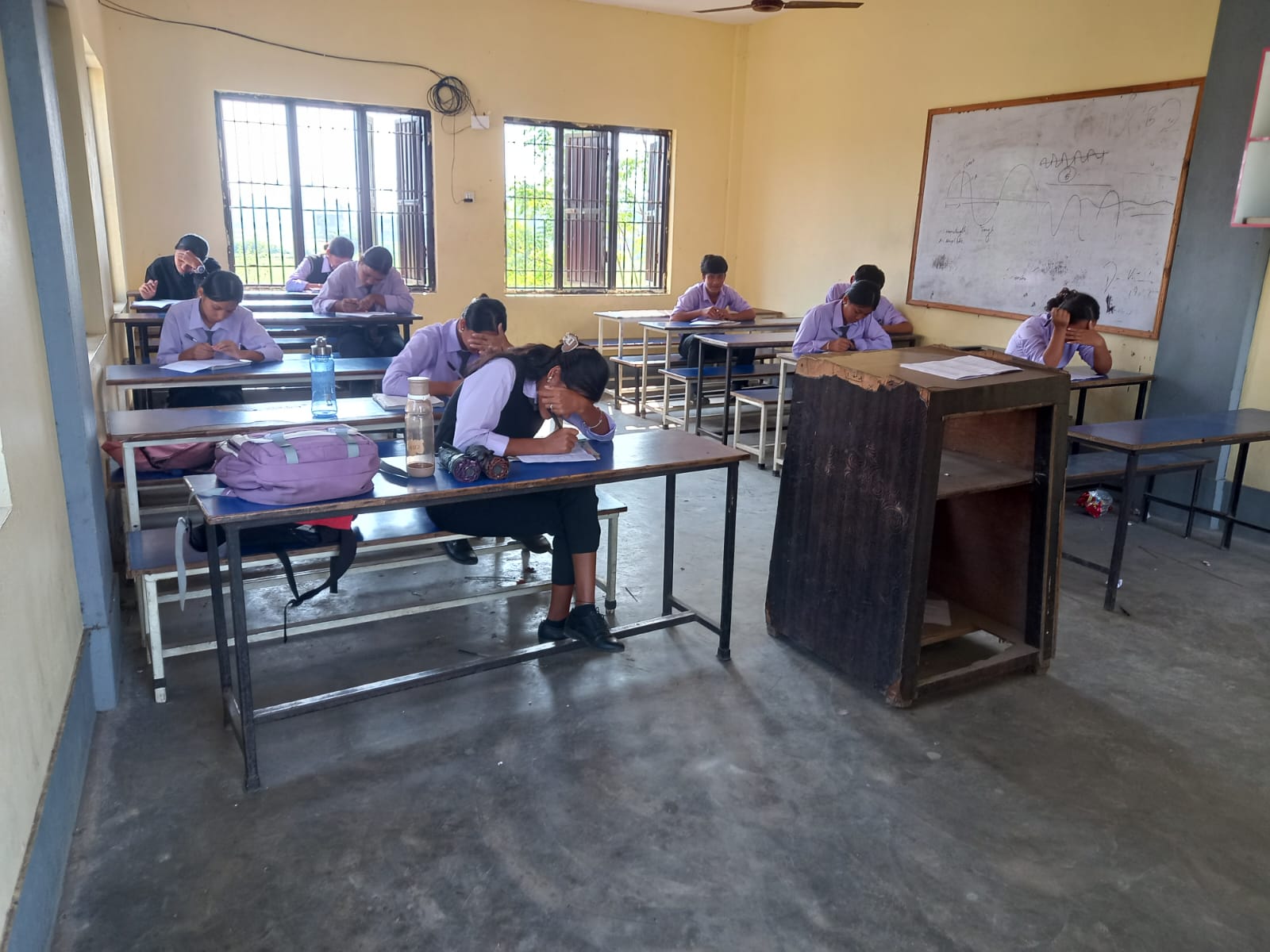

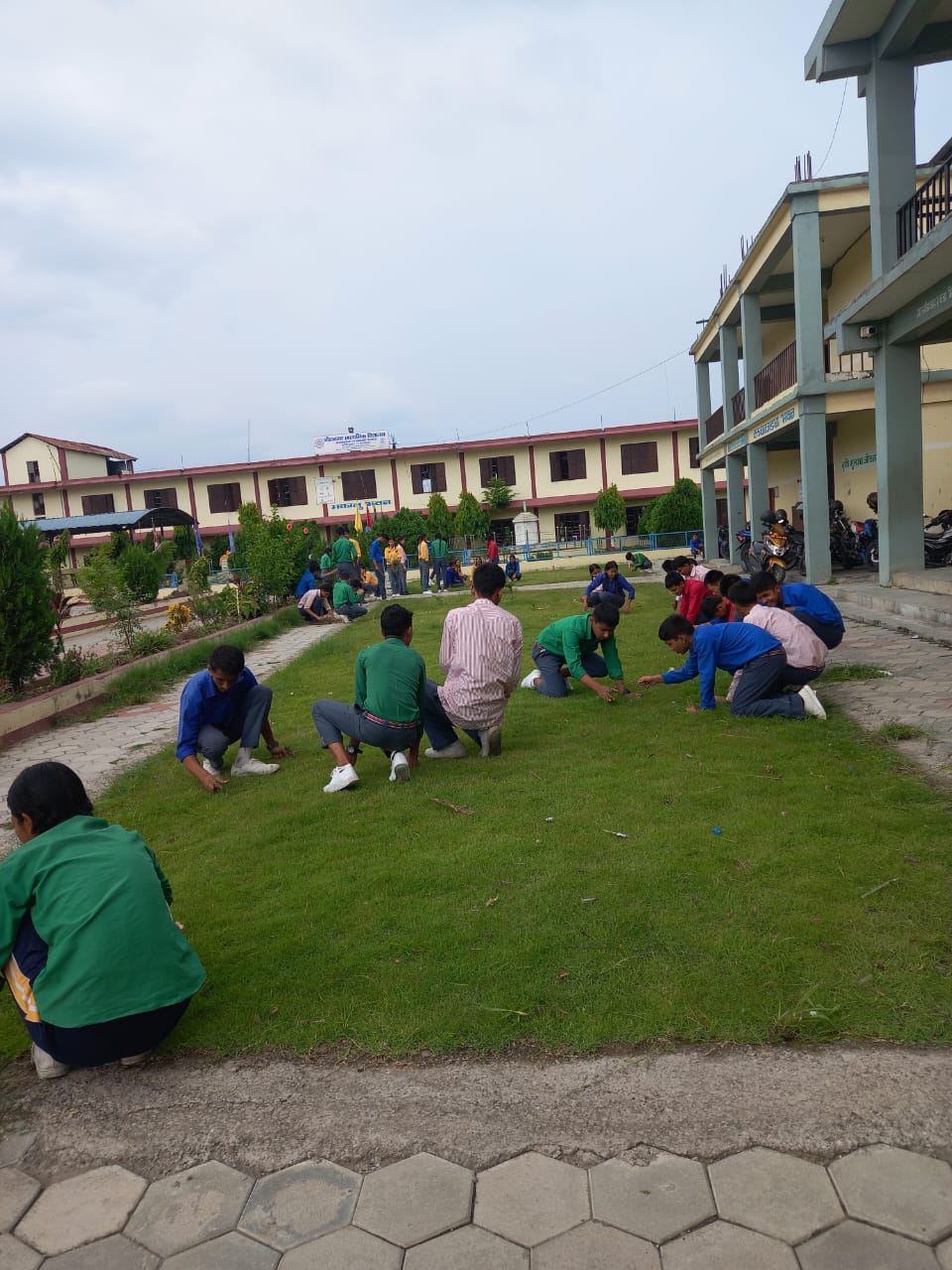
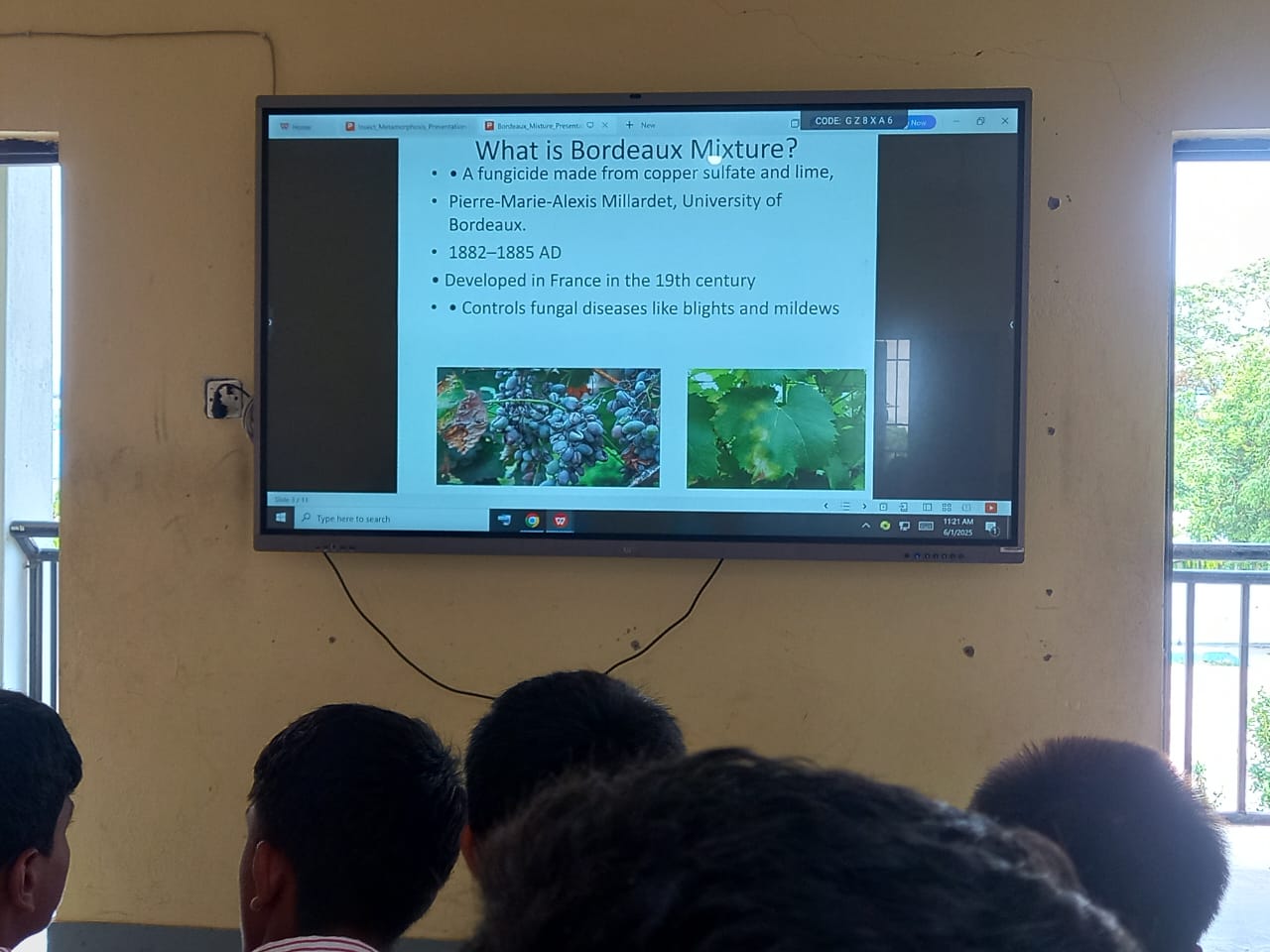
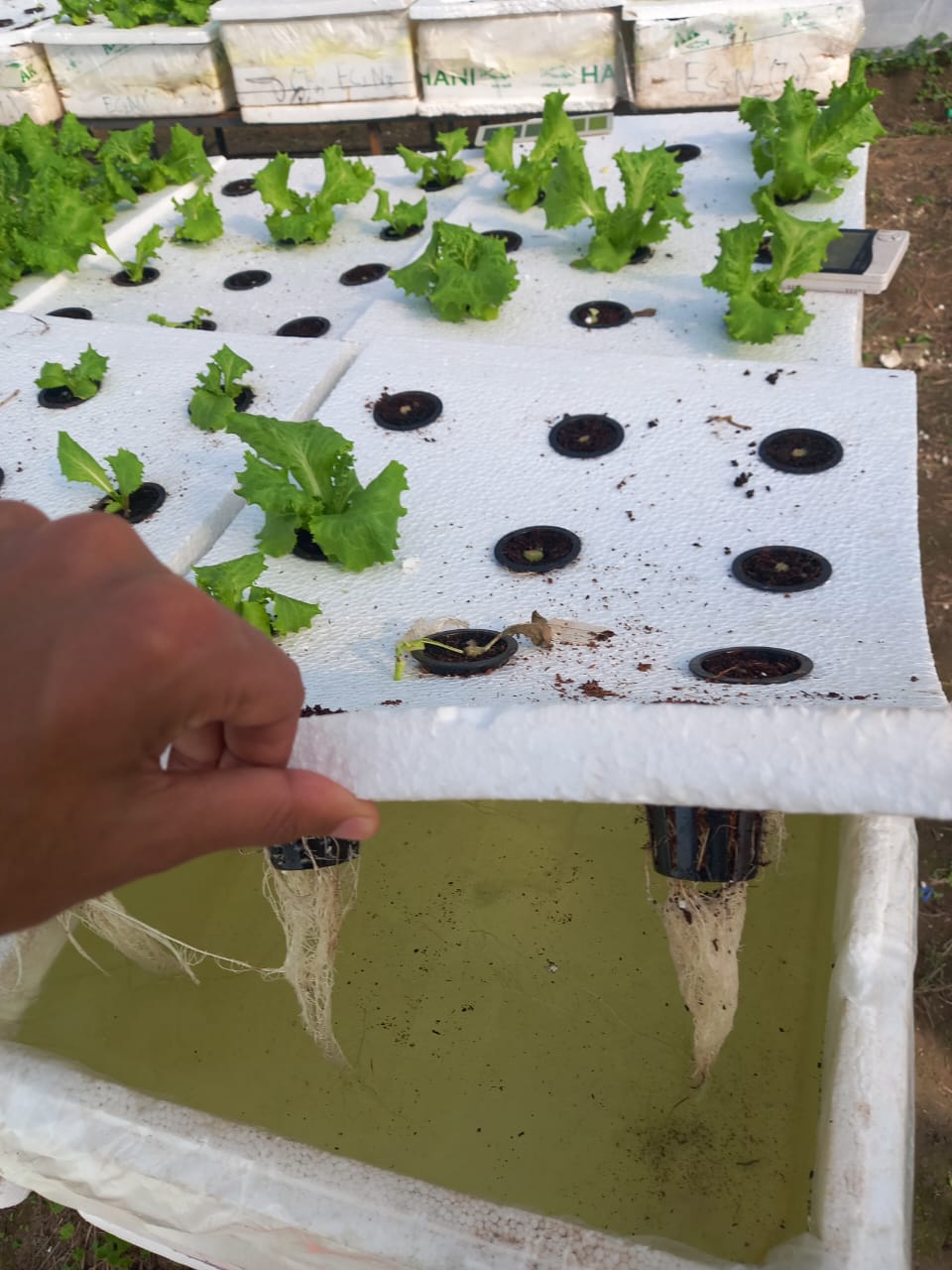

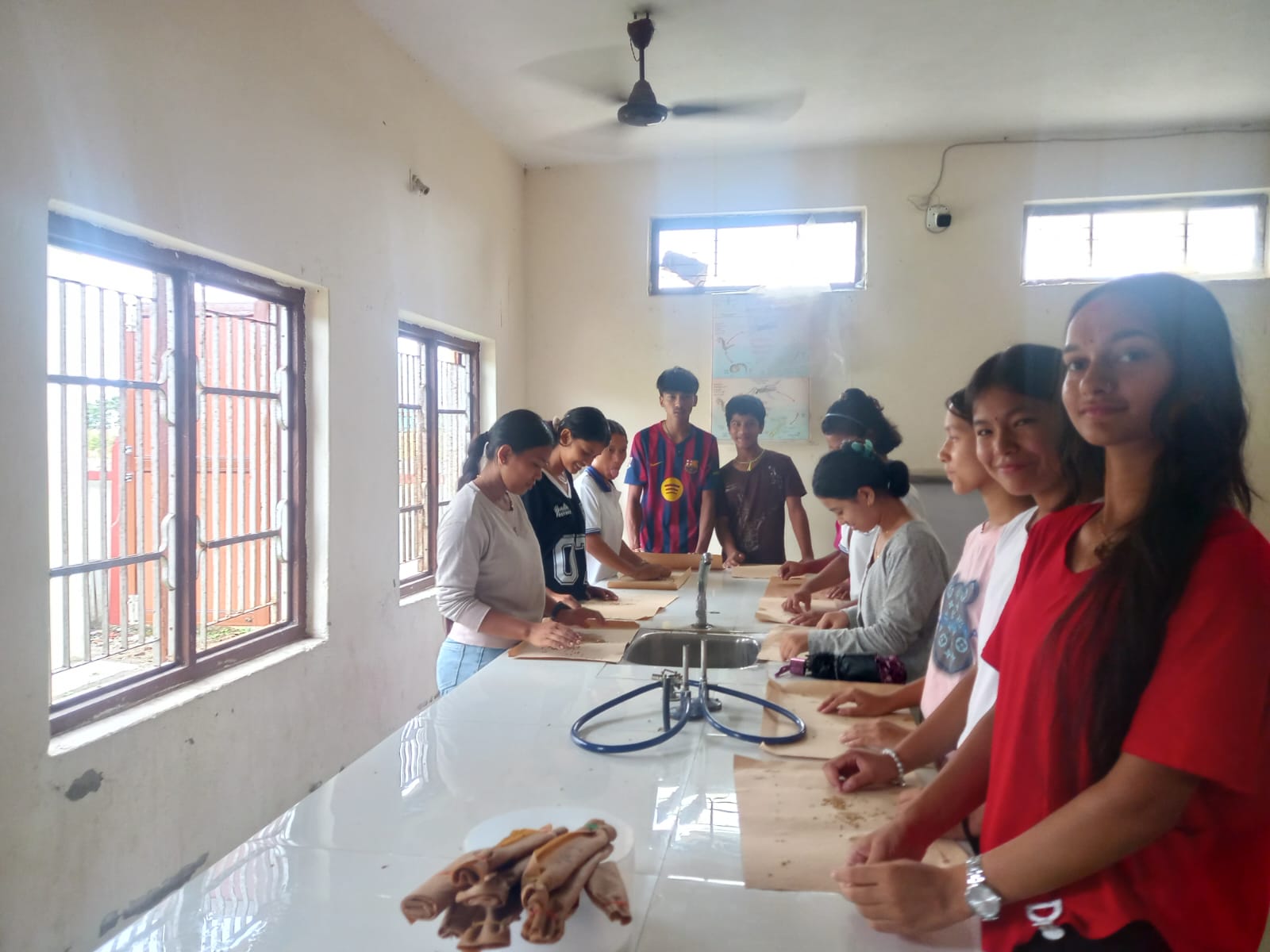




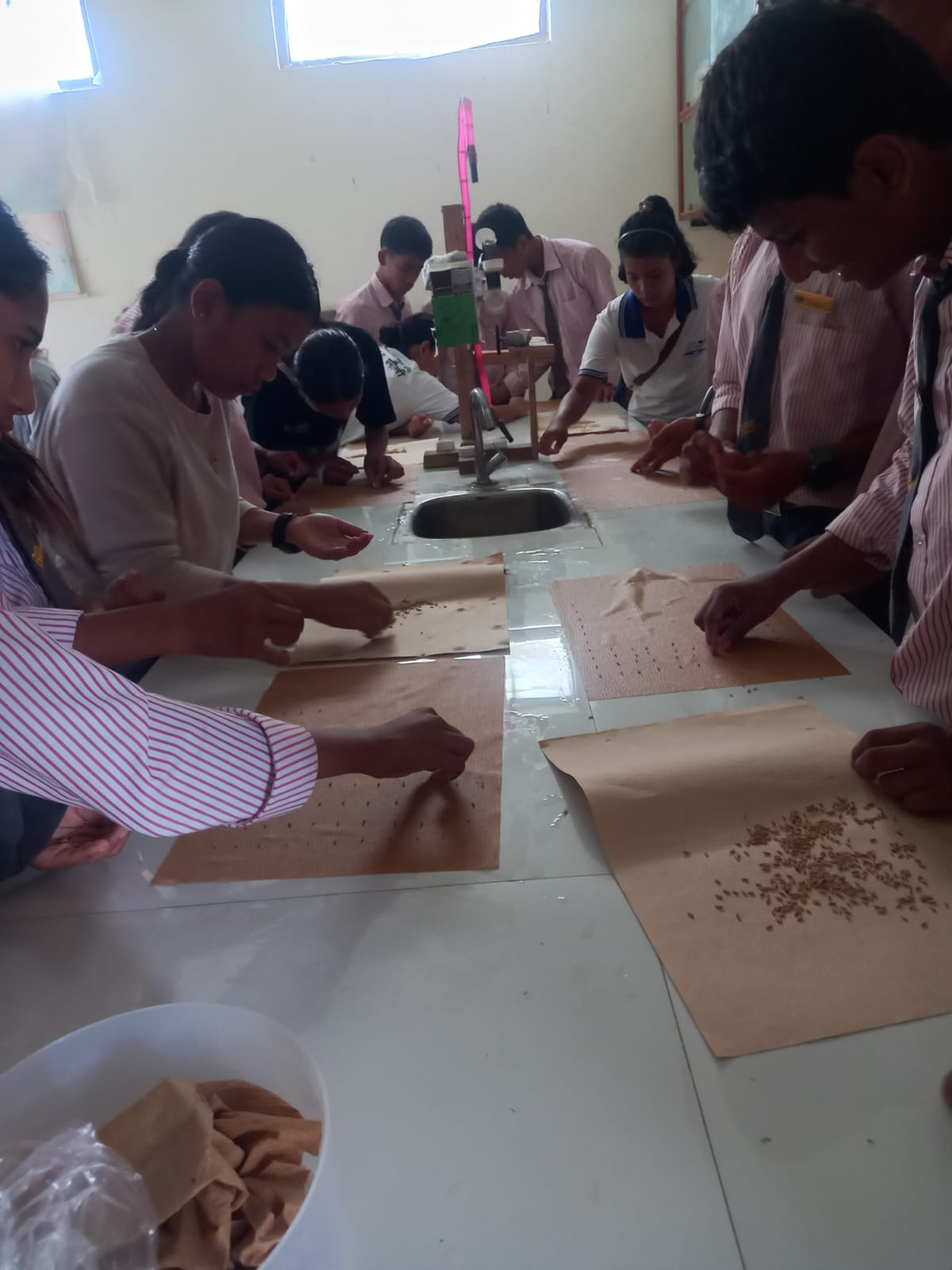

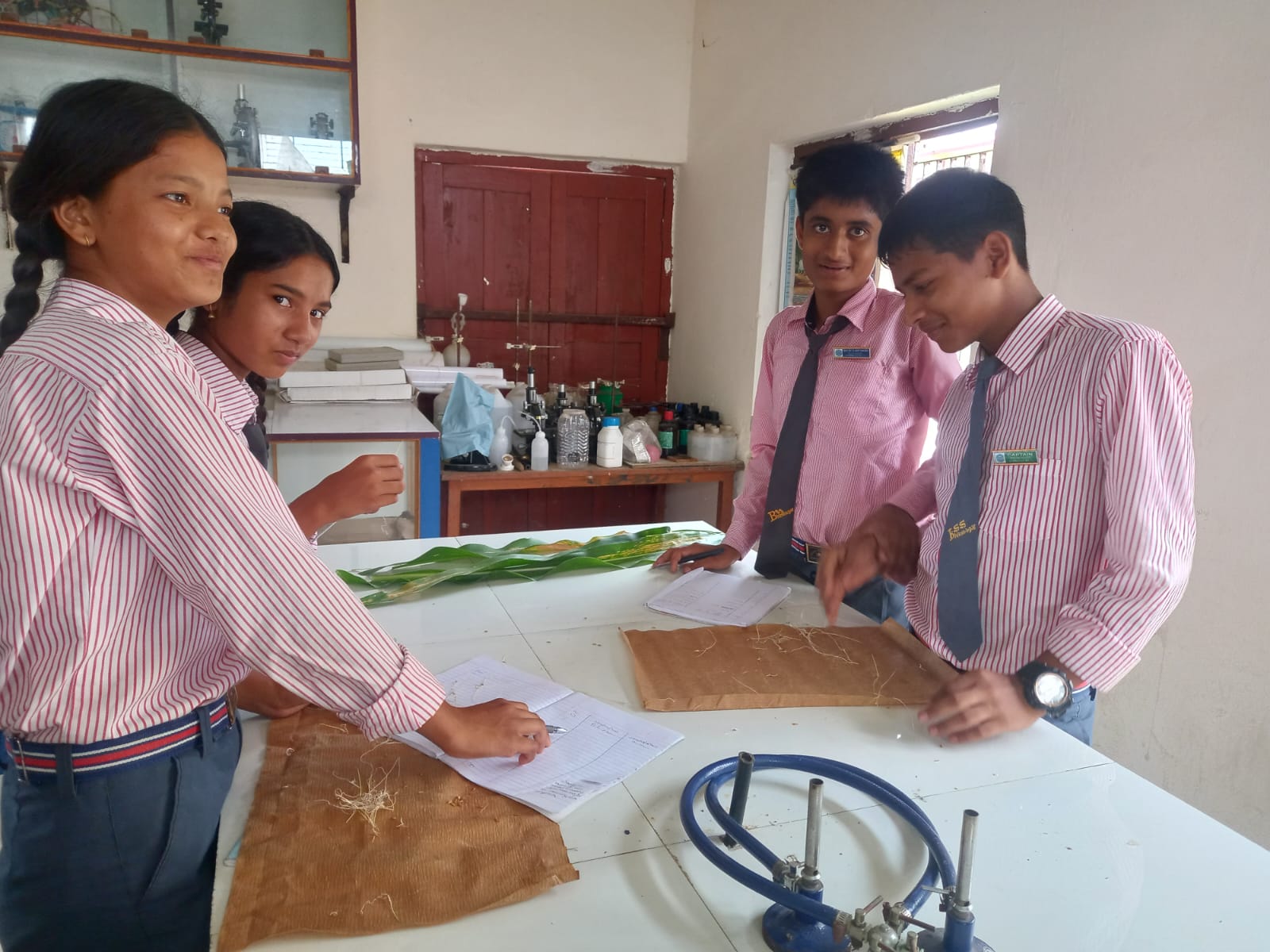

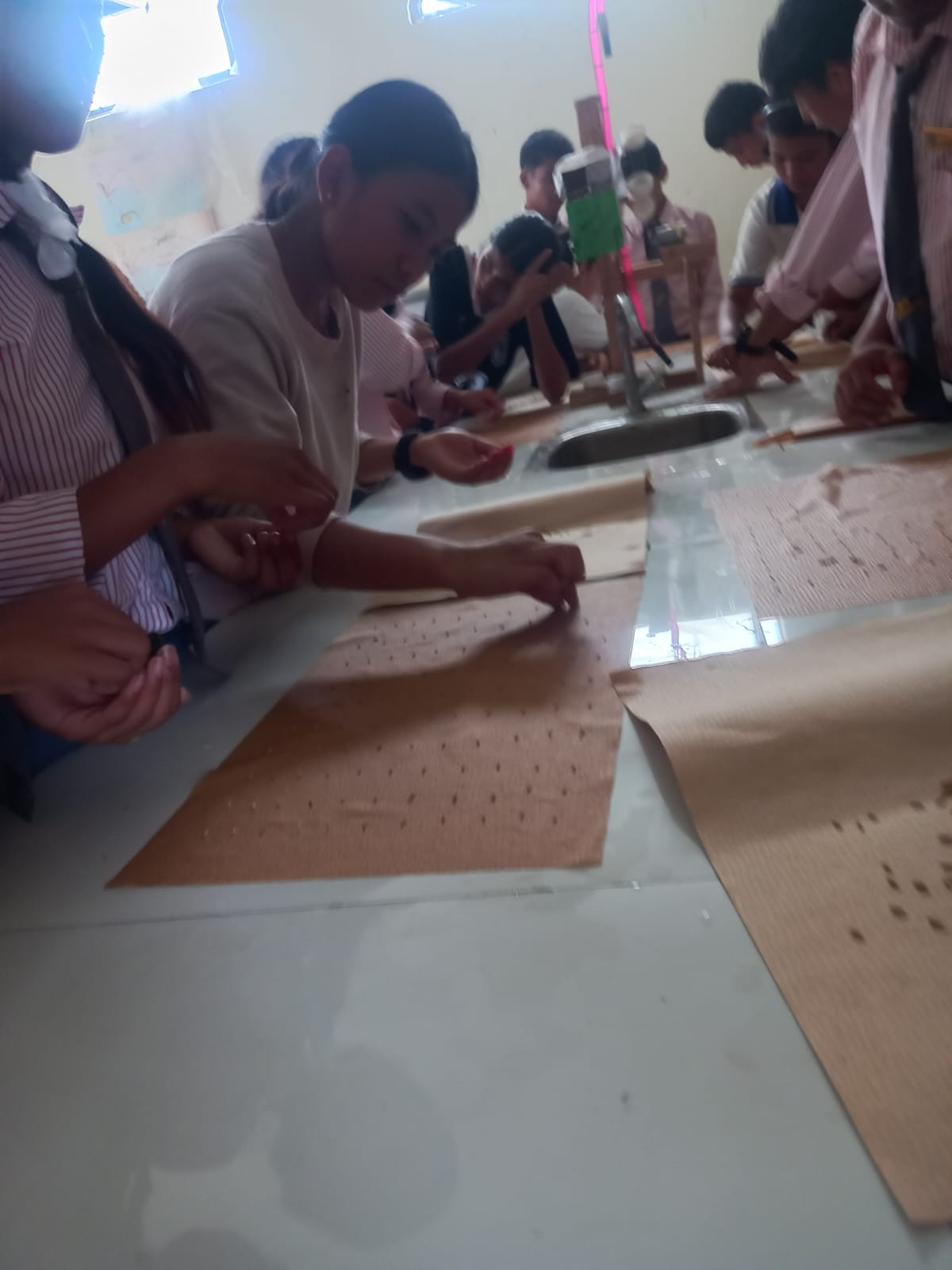





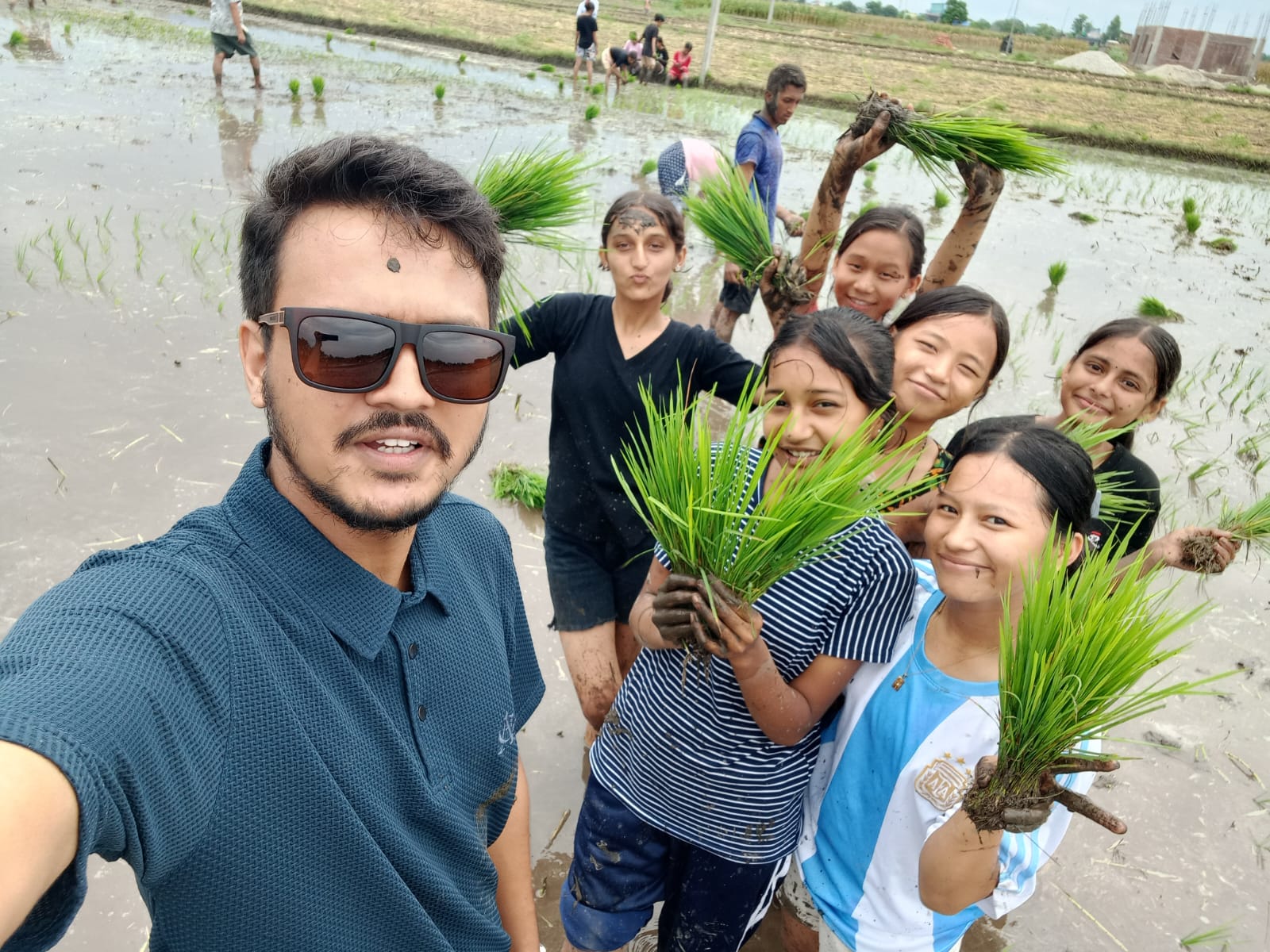

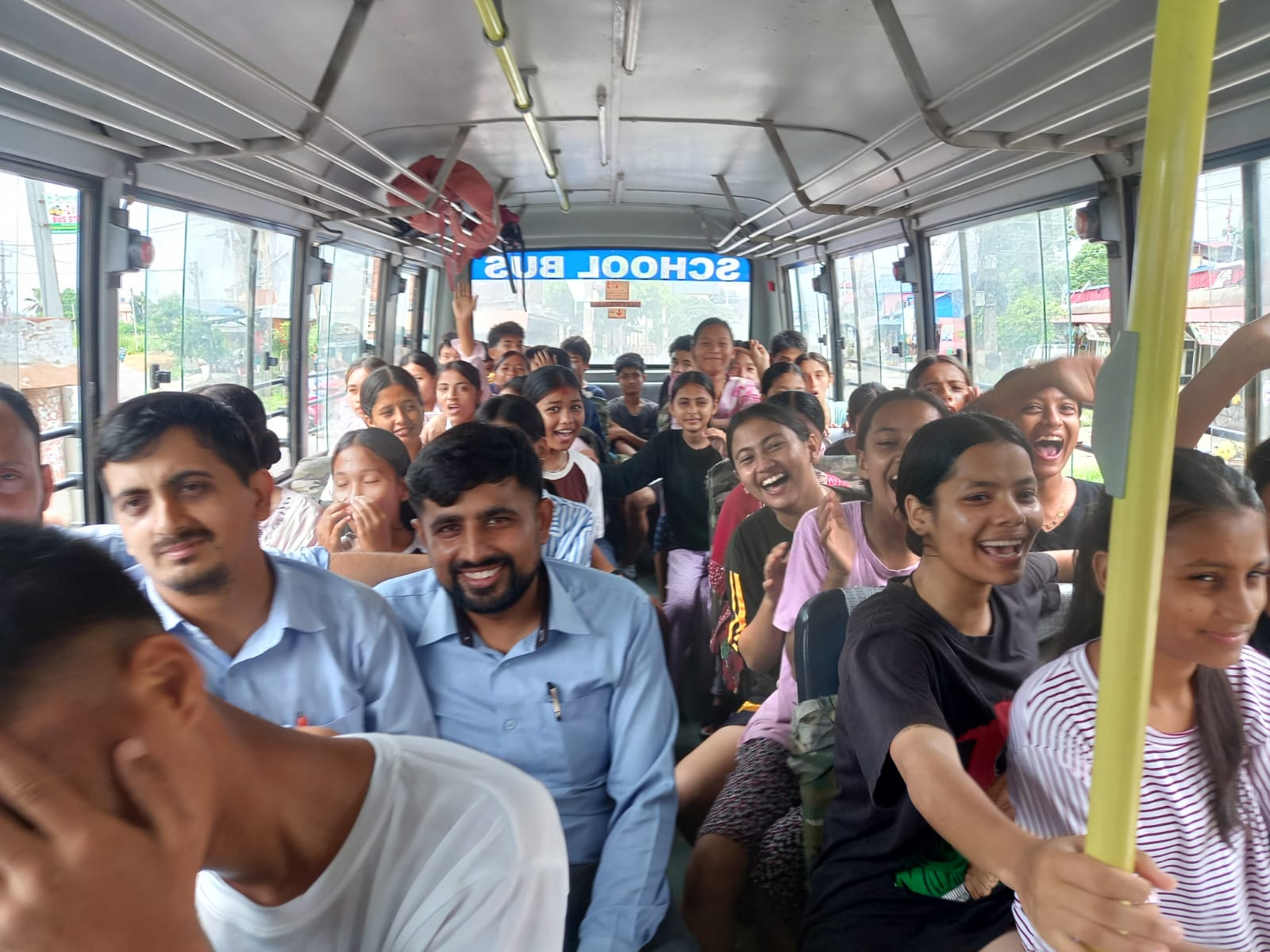
Verified by Examination & Assessment Technical Team
| Name of the Student | Percentage (%) | Marks Obtained (Out of 50) |
|---|---|---|
| Rekha Thapa | 62 | 31 |
| Aaisha Ghale | 58 | 29 |
| Kripa Purkuti | 70 | 35 |
| Sabina Sarki | 52 | 26 |
| Rashmi B.K | 56 | 28 |
| Bindu Thapa | 58 | 29 |
| Sandhya Sunar | 60 | 30 |
| Puspa Thapa Magar | Absent | Abs |
| Nawaraj Poudel | Absent | — |
| Bisal Tamang | Absent | Abs |
| Nirmal Thapa | 58 | 29 |
| Pujan Thapa Magar | Absent | Abs |
Results published on: November 19, 2025